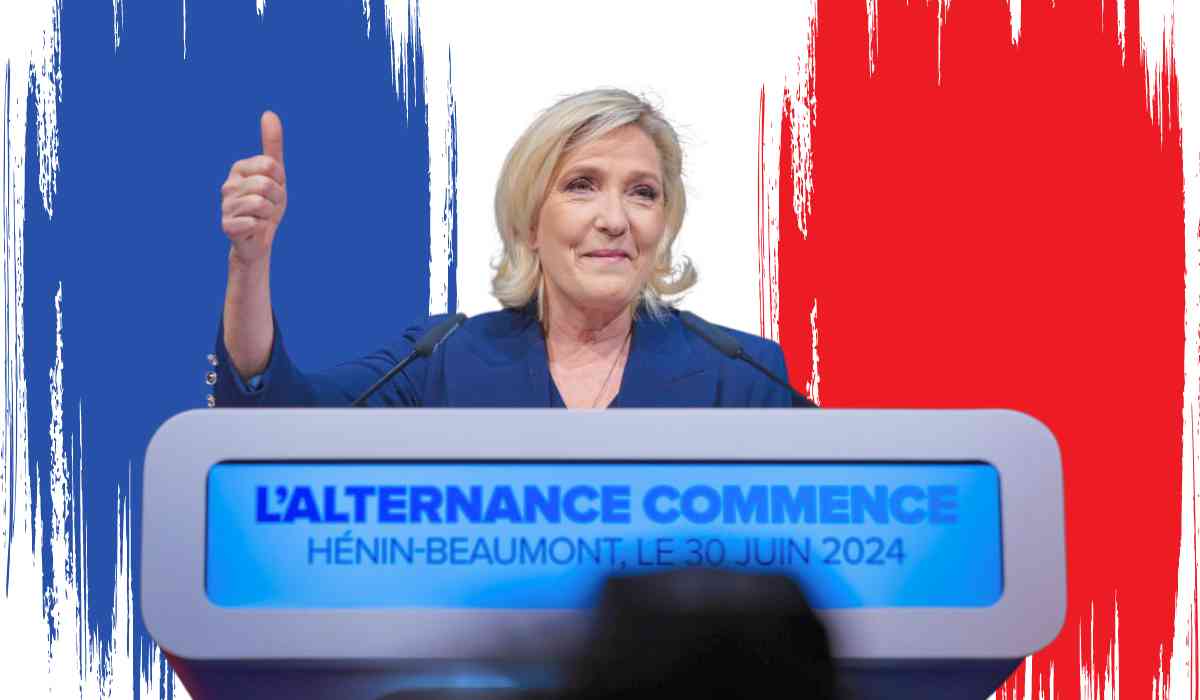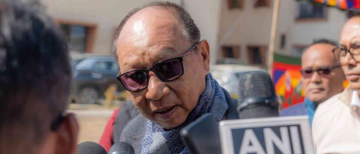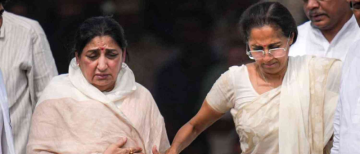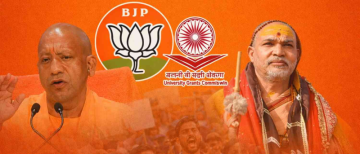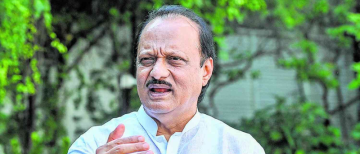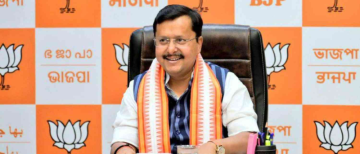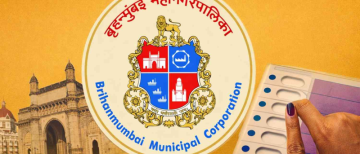In a seismic shift that has sent shockwaves through French politics and beyond, the far-right National Rally (RN) party, led by Marine Le Pen, has emerged as the frontrunner in the first round of France's parliamentary elections held on June 30, 2024. This development not only represents a historic gain for the far-right in France but also signals a potential realignment of the country's political landscape.
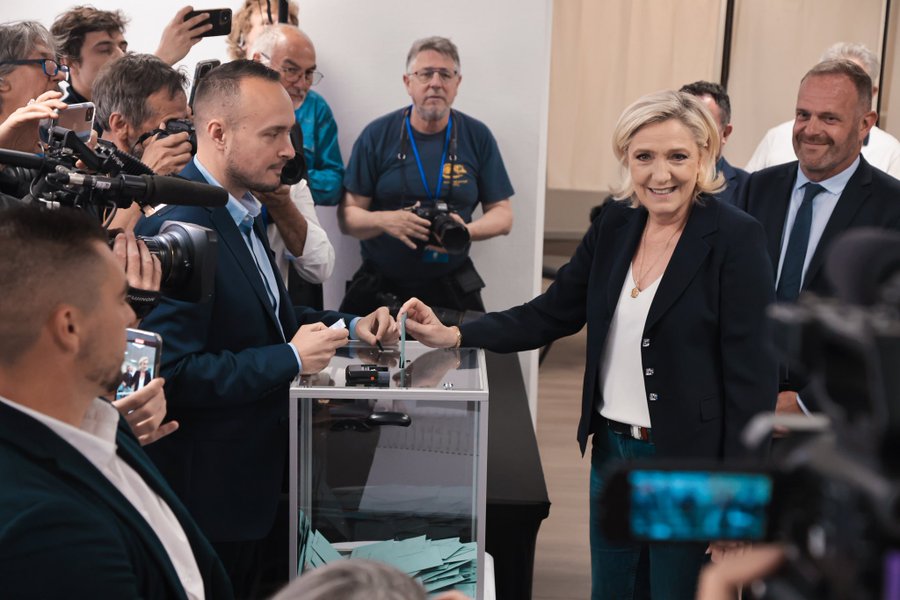
Marine Le Pen, French far-right leader and far-right National Rally (RN) party candidate
First Round Results:
Exit polls from various polling firms show the National Rally winning around 33–34% of the vote, significantly ahead of its rivals. The left-wing New Popular Front (NFP) alliance came in second with approximately 28–29% of the vote, while President Emmanuel Macron's centrist Together alliance trailed in third place with 20–23%.
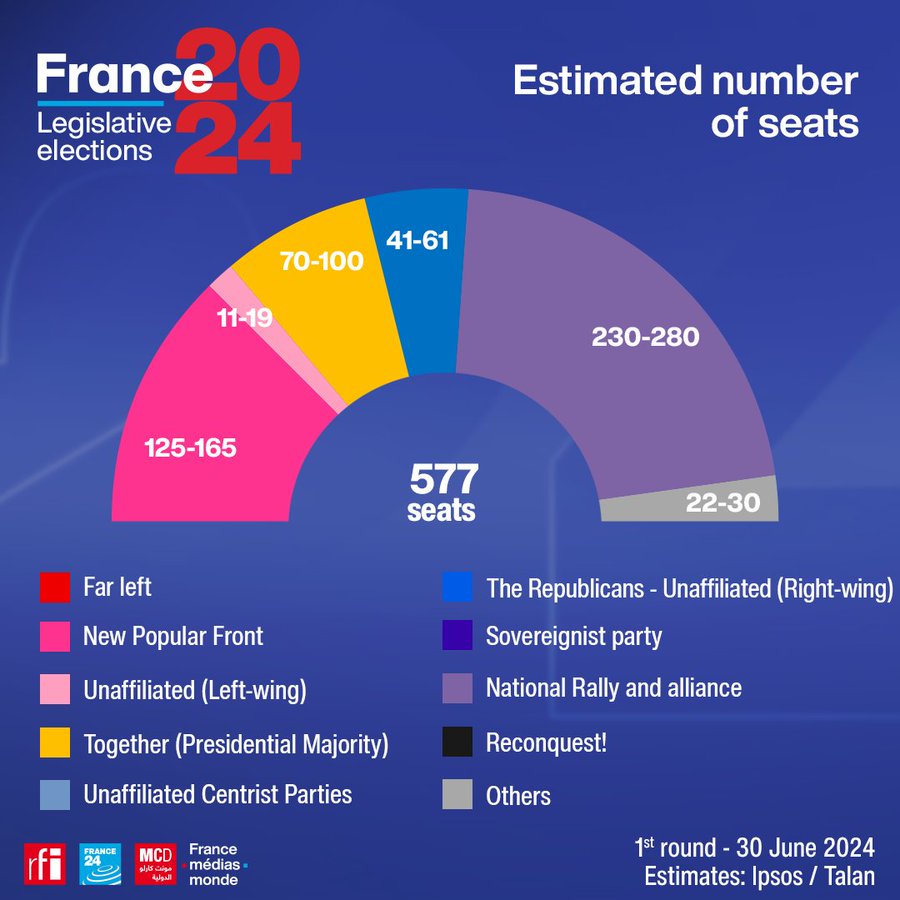
Key Points:
1. High Turnout: Voter participation reached nearly 60% by mid-afternoon—a significant increase from the 39.42% turnout in the previous parliamentary elections. This surge underscores heightened political engagement and high stakes.
2. Macron's Gamble Backfires: The president's decision to call snap elections after his party's poor performance in the European Parliament elections has spectacularly backfired. This move, which surprised even some of his allies, has left his centrist alliance trailing both the far-right and far-left coalitions.
3. Potential for Far-Right Government: If the National Rally secures an absolute majority in the second round, it could lead to the formation of the first democratically elected far-right government in France's modern history, drawing comparisons to the collaborationist Vichy regime during World War II, though the contexts are vastly different.
4. Uncertainty Ahead: The final outcome will depend on political dealmaking and tactical voting in the days leading up to the second round on July 7. The French electoral system, which allows candidates with more than 12.5% of registered voters to proceed to the runoff, could lead to numerous three-way races.
5. Economic Impact: Political uncertainty has already affected financial markets, with the Paris stock exchange experiencing its biggest monthly decline in two years in June, dropping by 6.4%.
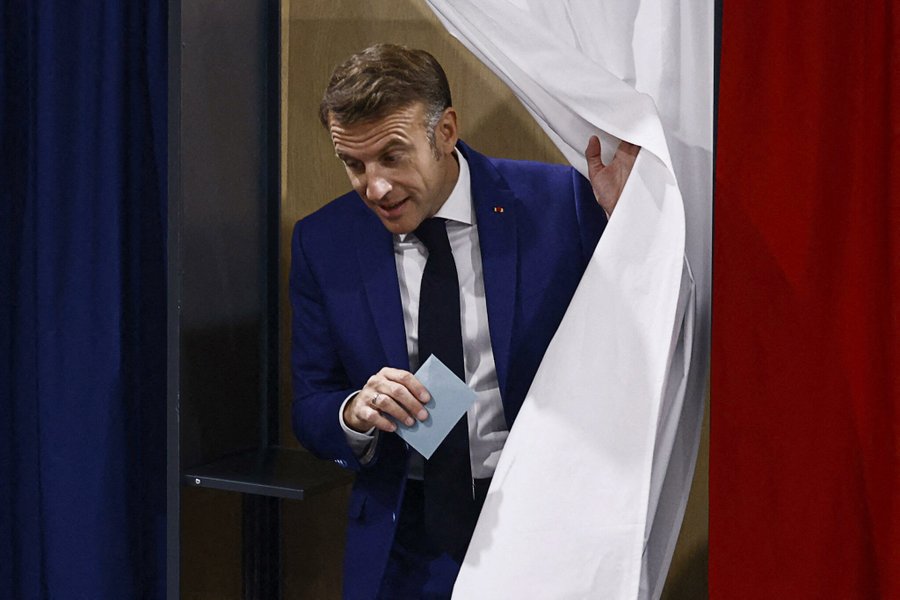
Key Players and Their Reactions:
1. Marine Le Pen (National Rally):
- She hailed the results as a sign of the French people's "willingness to turn the page on a contemptuous and corrosive power."
- cautioned that "nothing is won" and the second round will be decisive.
2. Jordan Bardella (National Rally President):
- At 28, Bardella has expressed his readiness to become prime minister if RN wins an absolute majority.
- pledged to be a "cohabitation Prime Minister, respectful of the constitution and of the office of President of the Republic, but uncompromising about the policies we will implement."
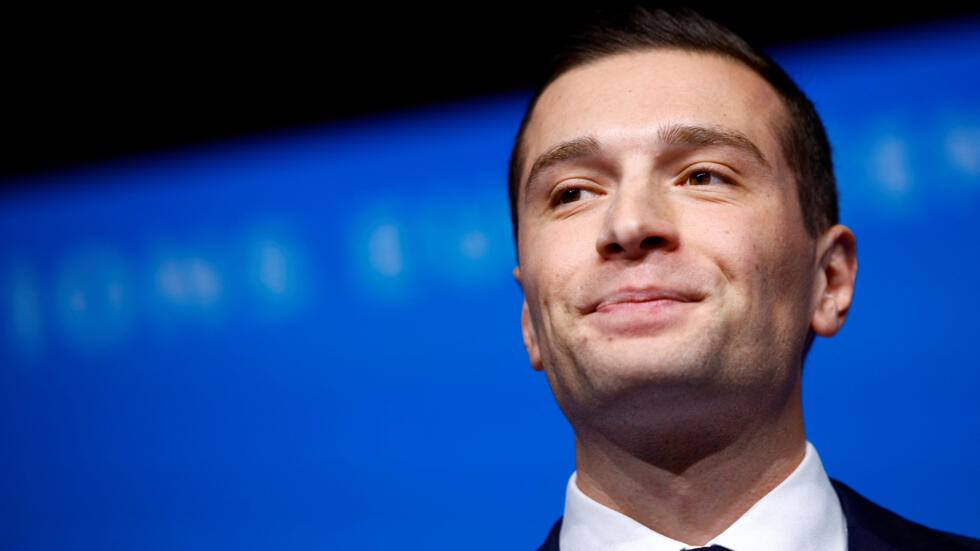
3. Emmanuel Macron:
- called for a "broad" alliance against the far right in the second round.
- emphasised the importance of the vote and the desire to clarify the political situation.
4. Gabriel Attal (Prime Minister):
- warned that the far right is now at the "gates of power."
- urged voters not to give "a single vote" to the National Rally in the second round.
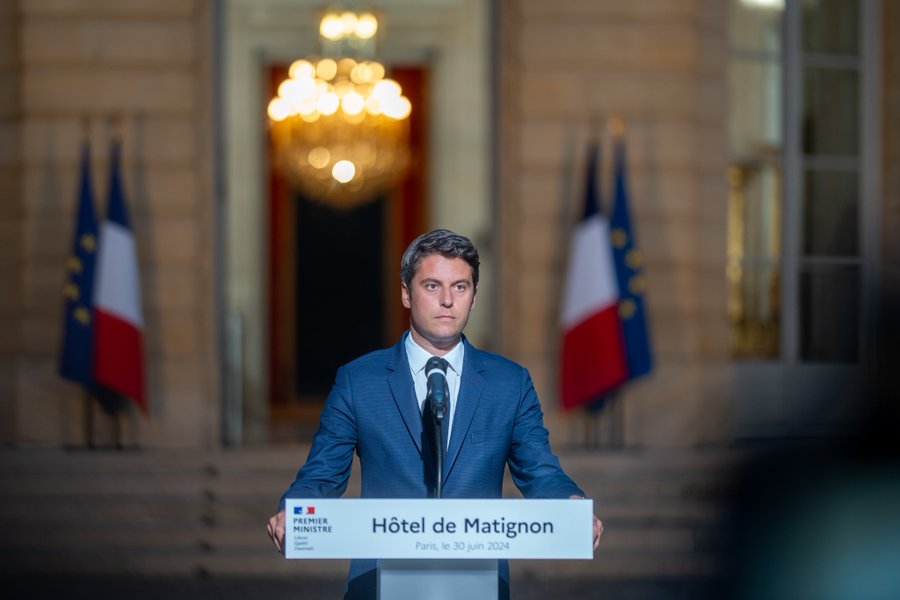
5. Jean-Luc Mélenchon (left-wing leader):
- called on supporters to ensure "not a single more vote for the National Rally."
- faces challenges in maintaining unity within the left-wing alliance.

National Rally's Evolution and Key Policy Proposals:
The National Rally, formerly known as the National Front, has undergone a significant transformation under Marine Le Pen's leadership. Key policy proposals include:
1. Immigration:
- End birthright citizenship.
- Restrict family reunifications.
Limit access to welfare benefits for non-citizens.
2. Security:
- Try teenagers aged 16 and above as adults.
- Grant police forces an automatic "presumption of self-defence."
3. Foreign Policy:
- Cut funding to the European Union by up to €3 billion annually.
- Continue supporting Ukraine, but with potential limitations.
4. Social Benefits:
- Scrap Macron's pension reforms.
- Allow early retirement for those who started working before age 20.
5. Economic Policy:
- Use EU funding cuts to finance VAT reductions.
- Focus on protectionist measures to support French industries.
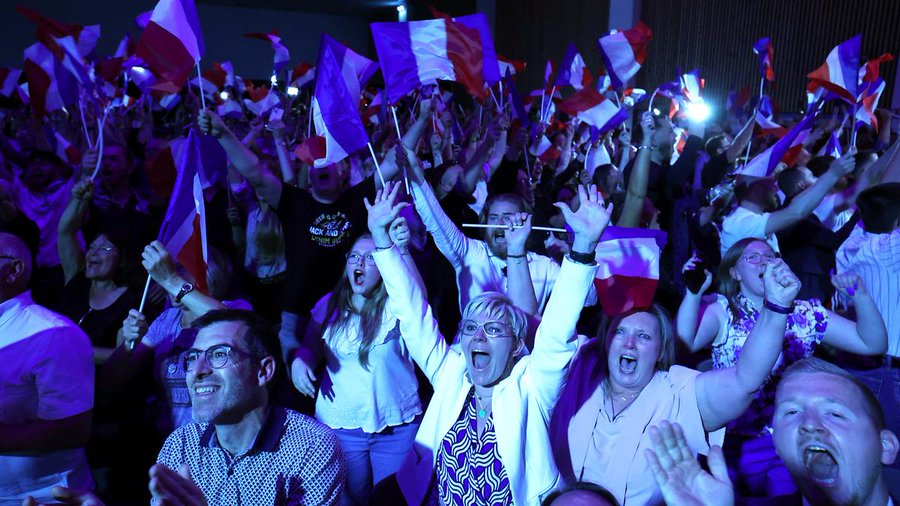
International Implications:
The potential rise of a far-right government in France could have far-reaching consequences.
1. European Union: An RN-led government might seek to renegotiate France’s relationship with the EU, potentially weakening the bloc's cohesion.
2. NATO and Defense: While the RN has pledged continued support for Ukraine, it has drawn a "red line" at sending missiles, military equipment, or French troops.
3. Immigration and Border Control: Stricter immigration policies could affect France's relationships with neighbouring countries and the EU's overall approach to migration.
4. International Alliances: Le Pen's past associations with Russian President Vladimir Putin have raised concerns about potential shifts in France's international alignments.
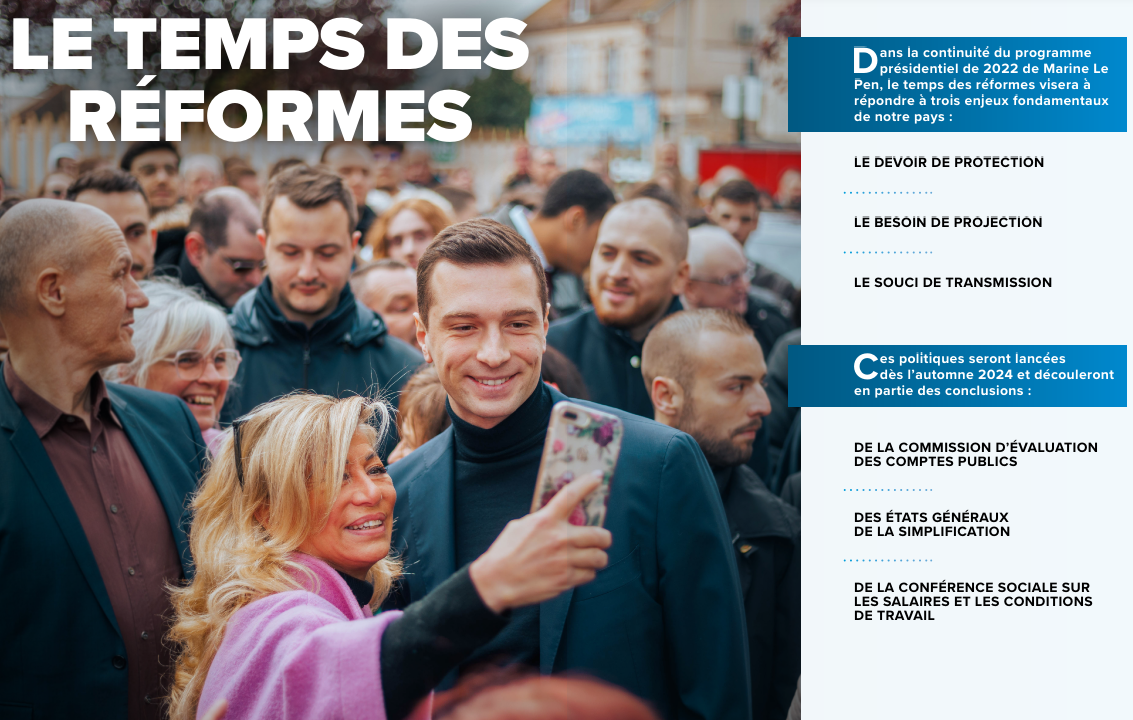
Challenges for the Second Round:
1. Three-way Races: The high turnout and the 12.5% threshold for advancing to the runoff could lead to numerous three-way contests, complicating predictions and potentially benefiting the National Rally.
2. Tactical Voting: Center-left and center-right parties face difficult decisions about whether to withdraw candidates to prevent RN victories.
3. Voter Mobilization: All parties will be working intensively to ensure their supporters turn out for the crucial second round.
4. Media Scrutiny: Increased attention to the National Rally's policies and past controversies could influence voter perceptions. This has already led to protests against the far right , just after the first exit poll.
5. Economic Concerns: With the Paris stock exchange already reacting negatively, economic stability may become a key factor in voters' decisions.
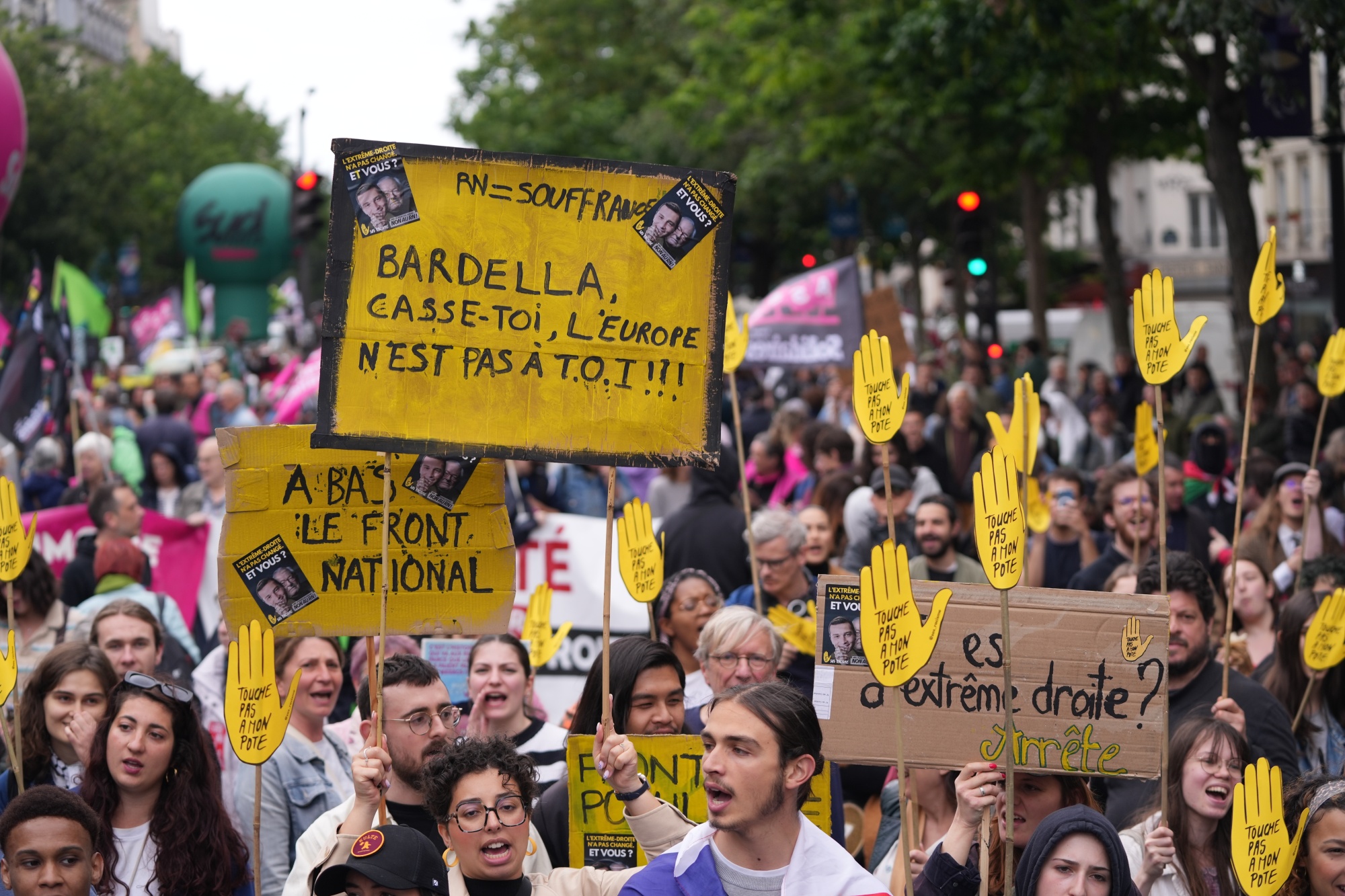
Protesters during a demonstration in Paris
Historical Context:
This election marks a significant moment in French political history. The last time a far-right party held substantial power in France was during the Vichy regime (1940–1944), which collaborated with Nazi Germany during World War II. While the current situation is fundamentally different, the historical echoes have not been lost on political commentators and voters alike.
The rise of the National Rally also reflects broader trends seen across Europe and other parts of the world, where populist and nationalist movements have gained traction in recent years.
_1719824266.png)
Conclusion:
The first round of France's 2024 parliamentary elections has dramatically reshaped the country's political landscape. With the far-right National Rally in a strong position, the coming days will be crucial in determining whether France will experience a historic shift in governance or if other political forces can rally to maintain the status quo.
The outcome of this election will not only shape France's domestic policies but could also significantly impact European politics and international relations. As France navigates this pivotal moment in its democratic history, the world watches closely, aware that the repercussions of this vote could extend far beyond French borders.
Inputs from Multiple Agencies
Media from multiple sources
Ⓒ Copyright 2024. All Rights Reserved Powered by Vygr Media.

